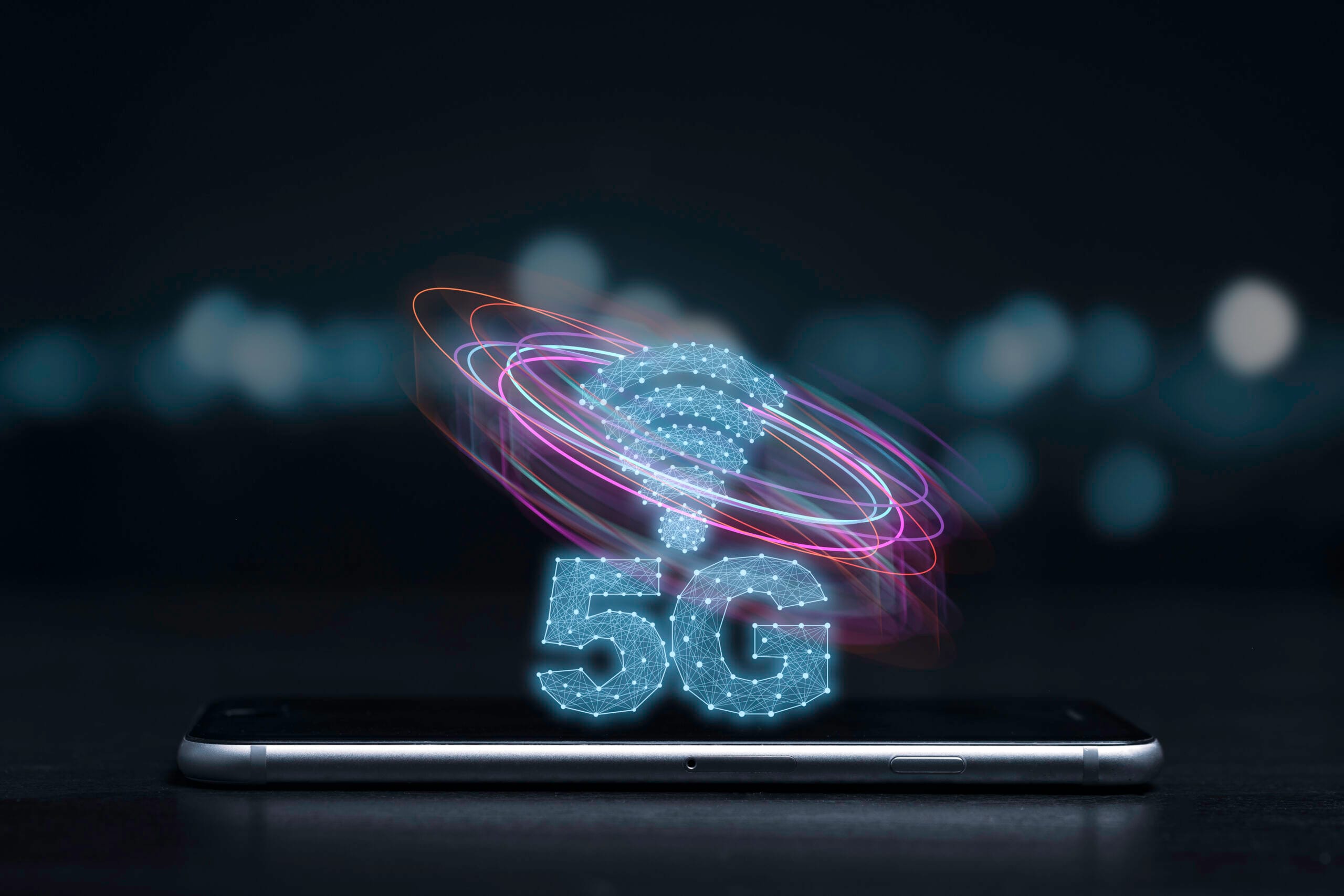The Future of 5G: What It Means for Businesses

The rollout of 5G technology marks a significant milestone in the evolution of connectivity, offering unprecedented speed, reliability, and low latency. As businesses navigate the digital age, 5G promises to be a game-changer, opening new avenues for innovation corn board size, efficiency, and growth. In this blog, we will explore the impact of 5G on businesses, focusing on its potential to revolutionize areas such as the Internet of Things (IoT), smart cities, and remote work.
The Impact of 5G on Business Operations
5G technology is more than just a faster version of its predecessors; it is a transformative force that will reshape how businesses operate. With speeds up to 100 times faster than 4G and latency as low as one millisecond, 5G enables real-time data transmission, making it possible for businesses to harness the power of advanced technologies like never before.
1. Enhanced Communication and Collaboration
One of the most immediate benefits of 5G is the improvement in communication and collaboration. High-speed, low-latency connections mean that video conferencing, file sharing, and real-time collaboration tools will operate more smoothly and efficiently. This will significantly impact remote work, allowing teams to work together seamlessly, regardless of location, and enabling businesses to maintain productivity even in decentralized work environments.
2. Revolutionizing the Internet of Things (IoT)
The IoT is set to explode with the advent of 5G, as the technology allows for a vast number of devices to be connected simultaneously without compromising performance. Businesses can expect to see an increase in the deployment of IoT devices across various sectors, from manufacturing to healthcare, logistics, and beyond.
• Smart Manufacturing: 5G will enable real-time monitoring and automation of manufacturing processes, leading to more efficient production lines, reduced downtime, and predictive maintenance.
• Healthcare Innovation: In healthcare, 5G will support the use of connected medical devices, remote patient monitoring, and even remote surgeries, offering better patient outcomes and more efficient care delivery.
• Supply Chain Optimization: The logistics and supply chain sector will benefit from real-time tracking, smart inventory management, and autonomous vehicles, all powered by 5G connectivity.
3. Building Smart Cities
The development of smart cities is another area where 5G will have a profound impact. Smart cities rely on a network of connected devices, sensors, and infrastructure to manage resources efficiently, improve public services, and enhance the quality of life for residents.
• Intelligent Transportation Systems: 5G will enable the development of intelligent transportation systems, including connected vehicles, smart traffic lights, and real-time traffic management, reducing congestion and enhancing road safety more.
• Energy Management: Smart grids powered by 5G will allow for more efficient energy distribution, real-time monitoring of consumption, and integration of renewable energy sources.
• Public Safety: 5G will support the deployment of advanced surveillance systems, emergency response networks, and disaster management tools, making cities safer and more resilient.
4. Transforming Remote Work
The COVID-19 pandemic has accelerated the shift towards remote work, and 5G is poised to further transform this landscape. With its ability to support high-quality video streaming, virtual reality (VR), and augmented reality (AR) applications, 5G will make remote work more immersive and interactive.
• Virtual Offices: Businesses will be able to create virtual offices where employees can collaborate in a 3D space, attend meetings, and interact as if they were physically present.
• Remote Training and Support: 5G will enable real-time, interactive training sessions and remote support, allowing employees to learn and resolve issues more effectively, regardless of their location.
• Increased Flexibility: The improved connectivity offered by 5G will allow businesses to implement more flexible working arrangements, attracting top talent from around the world and reducing the need for large physical office spaces.
For any how related query must to visit howw.pro for you quick and efficient guide on finance, education and any query related to ‘how’.
Recent Post
The Future of 5G: What It Means for Businesses
Choosing the Right IT Tools for Your Growing Business
AI in Everyday Life: How It’s Transforming Industries
The Future of Internet of Things (IoT)
Mobile App Development Trends in 2023
How to start build new android app?
Mobile App Development Trends in 2020
Get in touch with us today
we provide a Best Services for your Business at an affordable Price that will help you get more sales and more profits.









